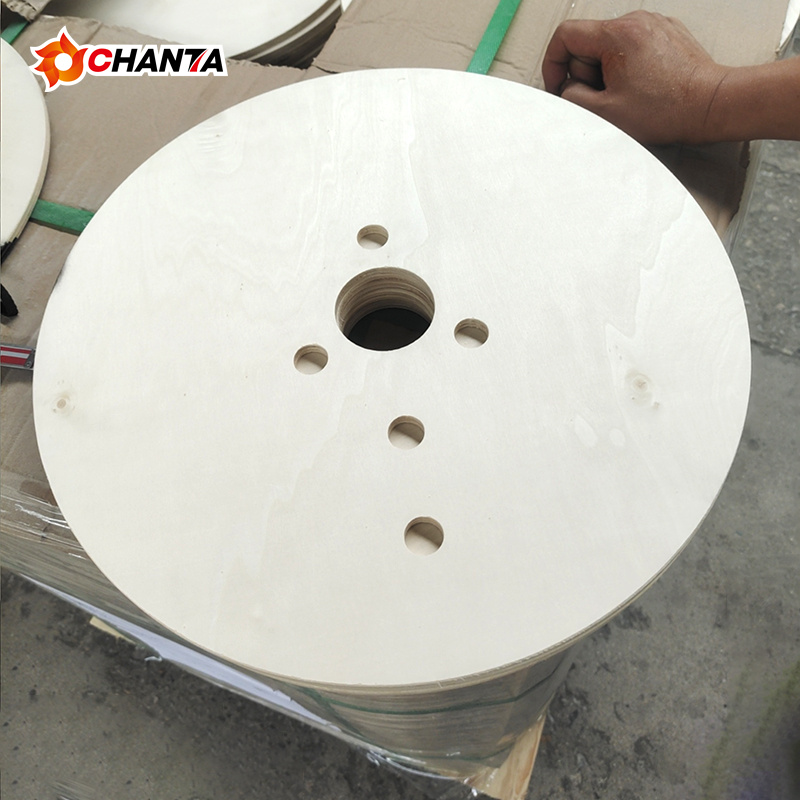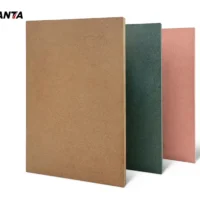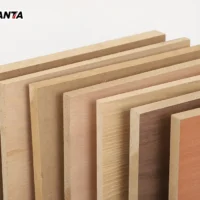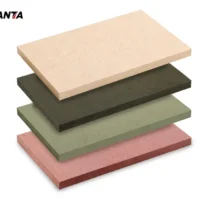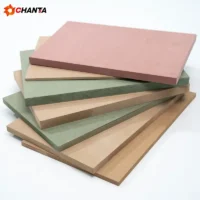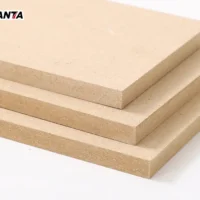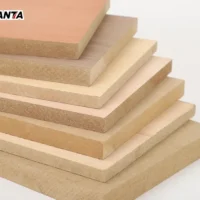Table of contents
What Is Australian Film Faced Plywood?
Australian film faced plywood is a high-quality plywood sheet with a durable, smooth film coating. This coating is typically made of phenolic resin, providing a waterproof surface. The film protects the plywood from moisture, dirt, and damage during use.
It is a versatile material known for its strength and durability. It plays a crucial role in the construction industry, particularly in formwork and other heavy-duty applications. In this guide, we will explore the features, advantages, and best uses of .
Features of Australian Film Faced Plywood
- Durability: The film is designed to withstand tough conditions, making it ideal for long-term use.
- Waterproofing: The film coating ensures the plywood remains protected in wet or humid environments.
- Smooth Finish: The surface is smooth, ensuring easy cleaning and minimal maintenance.

Key Advantages of Australian Film Faced Plywood
Australian film-faced plywood offers several benefits, particularly for construction and design purposes. Here are the top advantages:
1. Strength and Stability
Australian film-faced plywood is built to last. The high-quality material provides excellent structural strength. Its resilience makes it ideal for large-scale projects like bridges, tunnels, and buildings.
2. Resistance to Weather Conditions
This plywood performs well even under extreme weather conditions. It can withstand rain, humidity, and intense heat, making it a reliable option for outdoor projects.
3. Eco-Friendly Choice
Sustainability is a key consideration in today’s building materials.It is made from responsibly sourced wood, ensuring minimal environmental impact. Additionally, the plywood is recyclable, reducing waste and promoting sustainability.
4. Cost-Effectiveness
Compared to other high-end materials,IAustralian film-faced plywood is relatively affordable. Its durability and low maintenance costs make it an excellent investment, especially for large-scale construction projects.
Applications of Australian Film Faced Plywood
It is widely used in various industries, especially construction. Below are some of its primary uses:
1. Construction and Formwork
In the construction industry, film-faced plywood is commonly used for formwork. Its durability and moisture resistance make it ideal for molds and frameworks that are subjected to high stress and frequent exposure to concrete.
2. Outdoor Structures
Whether it’s for fences, decks, or retaining walls, this plywood is perfect for outdoor structures. It resists the elements and maintains its integrity over time.
3. Furniture and Interior Design
In addition to construction, it can also be used in the creation of custom furniture and interior designs. Its sleek surface provides a clean, modern look, making it a popular choice for contemporary home decor.
4. Marine and Transport Applications
This plywood’s ability to resist moisture makes it suitable for marine environments, such as boat building. It is also used in the transport sector for flooring in trucks and trailers, where durability is essential.
How to Choose the Best Australian Film Faced Plywood
When selecting it for your project, several factors need to be considered:
1. Thickness and Strength
The thickness of the plywood directly affects its durability and strength. Thicker sheets offer better resistance to pressure, moisture, and wear. Choose the appropriate thickness based on the intended use.
2. Film Quality
The quality of the film coating plays a significant role in the plywood’s performance. A high-quality film will offer better waterproofing, UV resistance, and a longer lifespan. Look for plywood that has a strong, evenly applied coating.
3. Grade of Plywood
Australian film-faced plywood comes in different grades, each suited for different applications. Higher-grade plywood offers more consistent performance and is typically used for visible or high-stress applications.
Maintaining Australian Film Faced Plywood
To ensure the longevity and optimal performance of it, proper maintenance is crucial:
1. Protection During Storage
Store plywood sheets in a dry, cool environment, away from direct sunlight. Cover the plywood to protect it from dirt, dust, and moisture while it is in storage.
2. Cleaning and Inspection
Regularly clean the surface of the plywood to maintain its appearance and functionality. Check for any damage, such as cracks or water penetration, especially after heavy use.
3. Repairing Minor Damages
If the plywood gets scratched or slightly damaged, use an appropriate filler or sealant to repair it. Addressing issues early can prevent more serious damage from occurring over time.

